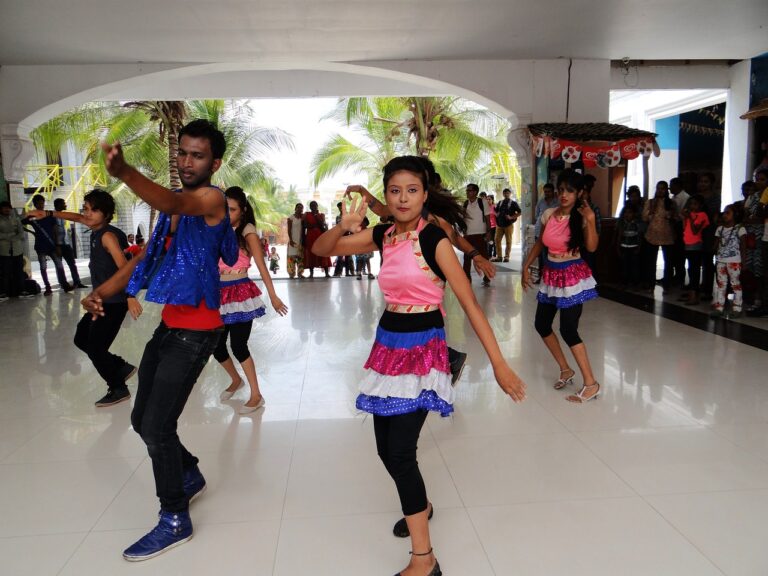How to Use Conversion Rate Optimization in Political Campaigns: All pannel.com, Lotus book 365, Laserbook247
all pannel.com, lotus book 365, laserbook247: Media Training for Addressing Voting Rights Policy
In today’s ever-changing political landscape, it’s crucial for advocates of voting rights policy to be able to effectively communicate their message to the media. Media training is a valuable tool that can help individuals develop the skills needed to navigate interviews, press conferences, and other public appearances with confidence and clarity.
Why is media training important?
Media training is essential for anyone looking to advocate for voting rights policy in today’s media-savvy world. With the 24-hour news cycle and the rise of social media, it’s more important than ever for advocates to be able to effectively communicate their message in a clear and concise manner.
By undergoing media training, individuals can learn how to craft compelling messages, respond to tough questions, and handle themselves in high-pressure situations. Media training can also help individuals develop their own personal brand and establish themselves as credible experts in their field.
Key elements of media training
There are several key elements to media training that are essential for advocates of voting rights policy. These include:
1. Message development: Media training helps individuals craft clear and concise messages that resonate with their target audience. By developing key talking points and soundbites, advocates can effectively communicate their message in a way that is both engaging and memorable.
2. Interview techniques: Media training teaches individuals how to conduct themselves during interviews, whether they are speaking with reporters, appearing on television, or participating in a press conference. This includes tips on body language, tone of voice, and how to stay on message.
3. Handling tough questions: One of the most important aspects of media training is learning how to respond to tough questions from reporters. Advocates of voting rights policy must be prepared to address difficult topics and stay calm under pressure.
4. Building relationships with the media: Media training can also help individuals build relationships with journalists and other media professionals. By learning the ins and outs of the media industry, advocates can better understand how to work with reporters to get their message out.
5. Crisis communications: In the event of a crisis or negative news story, media training can help advocates navigate the situation and respond in a way that minimizes damage to their reputation.
6. Social media strategy: With the rise of social media, media training should also include guidance on how to effectively use platforms like Twitter, Facebook, and Instagram to amplify messaging and engage with supporters.
Media training FAQs
Q: How long does media training typically last?
A: Media training can vary in length, depending on the individual’s needs and goals. Some training sessions may be as short as a few hours, while others may span multiple days or even weeks.
Q: How much does media training cost?
A: The cost of media training can also vary, depending on the training provider and the level of customization required. Some organizations may offer group training sessions at a lower cost, while individualized training may be more expensive.
Q: Can media training be done online?
A: Yes, media training can be conducted online through virtual workshops, webinars, and one-on-one coaching sessions. Online training can be a convenient and cost-effective option for individuals with busy schedules.
Q: How can I find a media training provider?
A: There are many organizations and individuals that offer media training services. It’s important to do your research and choose a provider that has experience working with advocates of voting rights policy and a track record of success.
Q: Is media training worth the investment?
A: Absolutely. Media training can be a valuable investment for advocates of voting rights policy, as it provides the skills and confidence needed to effectively communicate with the media and advance their cause.
In conclusion, media training is a crucial tool for advocates of voting rights policy who want to make a meaningful impact in today’s media-driven world. By developing key skills and techniques, individuals can effectively communicate their message, build relationships with the media, and establish themselves as credible experts in their field. With the right training and support, advocates can amplify their voices and drive positive change in the fight for voting rights for all.







